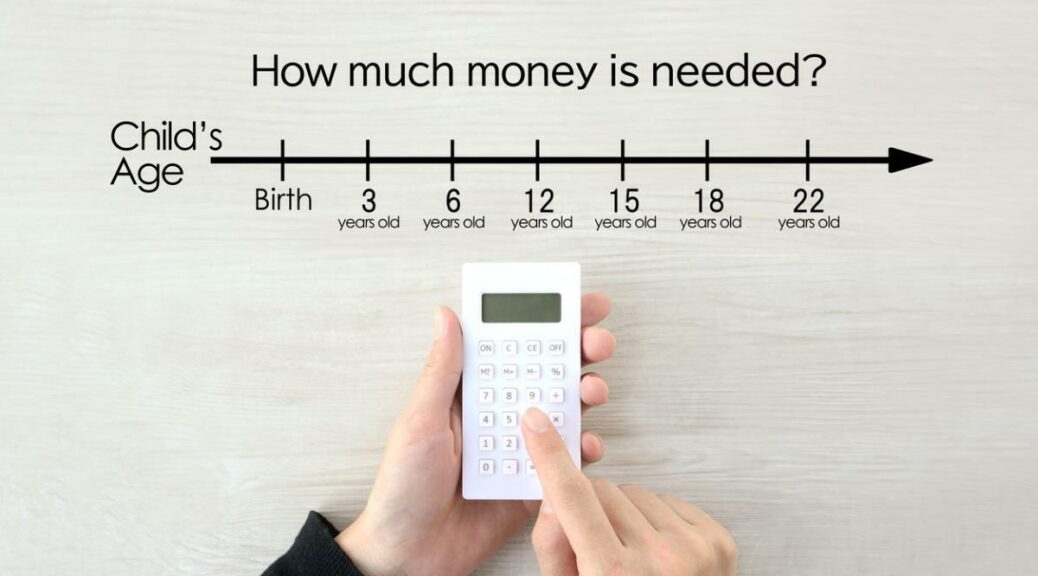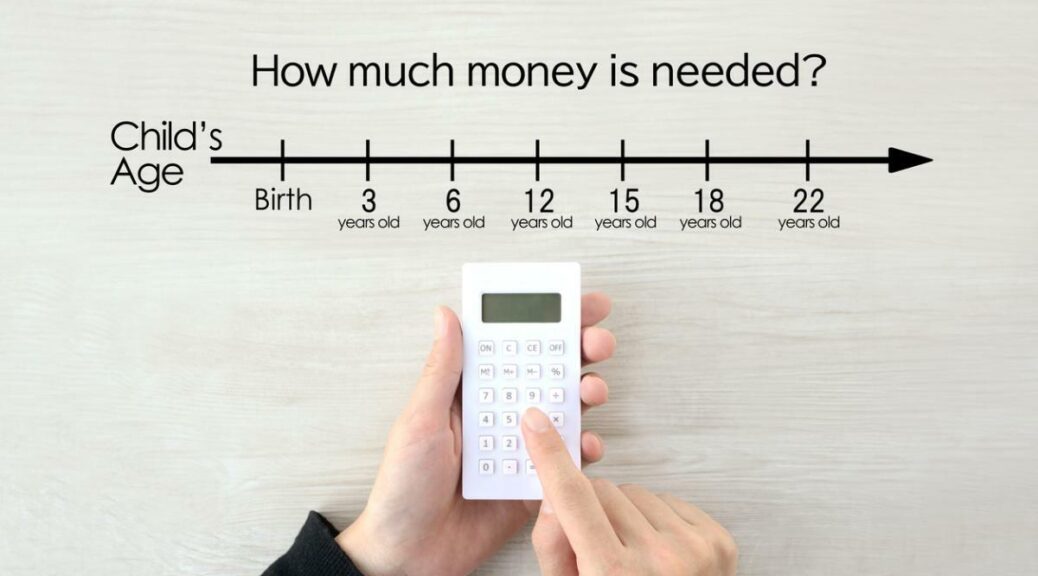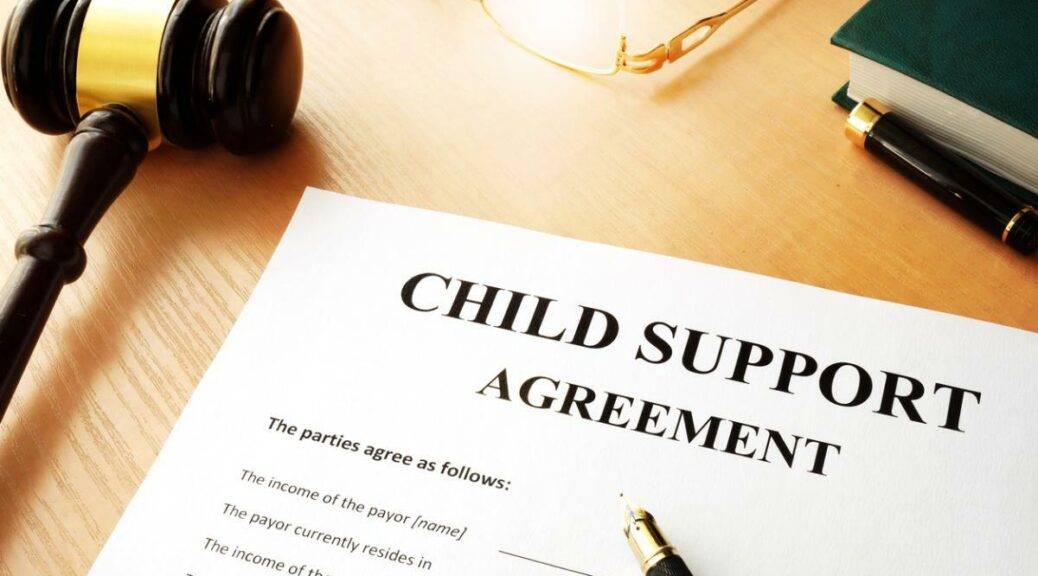Navigating child support calculations in California can be a complex endeavor, especially with recent legislative updates. One key change that has emerged is encapsulated in California Senate Bill 343 (SB 343), which provides revised guidelines for add-on expense allocations in child support cases.
Certified California Family Law Specialist Judy Burger delves into what SB 343 entails, the revised add-on expense allocations it introduces, and how families can benefit from her expertise.
Overview of SB 343
California SB 343, which was enacted to refine the existing child support framework, aims to ensure that child support calculations take into consideration more realistic and equitable expenses that families may incur. It recognizes that standard Child Support Guidelines may not fully address the financial needs associated with raising a child, especially when factoring in extraordinary expenses such as healthcare, childcare, and educational fees.
Under SB 343, the law allows for modifications to how add-on expenses are calculated and allocated between parents. This revised approach is essential in providing a fairer distribution of child support obligations, ensuring that both parents contribute appropriately to the costs incurred in raising their children.
Revised Add-On Expense Allocation
The revised add-on expense allocation outlined in SB 343 is significant for several reasons:
- Inclusion of Additional Expenses: The bill allows for the inclusion of a broader range of expenses in child support calculations. Previously, only basic necessities were considered, but under SB 343, extras such as extracurricular activities, medical expenses, and other relevant costs can now be factored into the calculation.
- Equitable Distribution: One of the primary goals of SB 343 is to ensure that both parents contribute to these added costs equitably. This approach alleviates the burden on one parent while providing the child with a more well-rounded upbringing, as both guardians share the financial responsibilities.
- Income-Dependent Allocations: The revised formula incorporates parents’ income levels to determine each party’s share of these added expenses. This means that higher-income earners may be responsible for a higher percentage of certain costs, aligning with their financial capabilities.
- Streamlined Process: SB 343 provides a clearer framework for courts when calculating child support obligations, reducing ambiguity about what constitutes an add-on expense. This streamlined approach can lead to more efficient hearings and quicker resolutions.
- Modification of Existing Agreements: Parents who are currently operating under child support agreements prior to SB 343 may seek modifications to account for the new criteria for add-on expenses. This flexibility is crucial for adjusting to the evolving financial needs of growing children.
How Judy Burger Can Help
As a Certified California Family Law Specialist, Judy Burger has extensive experience navigating the complexities of family law, including child support calculations. Her expertise is invaluable for parents grappling with the nuances of SB 343 and the revised allocation of add-on expenses.
Judy offers support through:
- Personalized Consultation: Understanding your unique circumstances is key to achieving a fair child support arrangement. Judy provides one-on-one consultations to assess your situation, ensuring that all relevant expenses are accurately accounted for.
- Detailed Guidance on SB 343: With the recent changes in child support law, it’s essential to stay informed about your rights and obligations. Judy stays current on legislative updates and can effectively communicate what the changes mean for you and your child.
- Assistance with Modifications: If you have an existing child support order, Judy can help you seek modifications to accommodate the new rules under SB 343, ensuring that your agreements reflect the true financial needs associated with your child’s upbringing.
- Advocacy in Negotiations: Navigating discussions with your co-parent can be challenging. Judy serves as an advocate, helping you negotiate a fair agreement and ensuring that both parties are held accountable for their commitments.
- Support for All Family Law Matters: Beyond child support, Judy Burger offers comprehensive family law services, addressing issues such as custody, divorce, and property division, providing a holistic approach to resolving family law disputes.
Frequently Asked Questions About SB 343 Child Support Calculations
What expenses are considered add-ons under SB 343?
Add-on expenses may include extraordinary medical costs, childcare fees, extracurricular activities, and educational expenses beyond tuition.
Can existing child support orders be modified under SB 343?
Yes, parents can seek modifications of existing orders to align with the revised guidelines under SB 343, particularly if they can demonstrate that these additional costs are incurred.
How will the revised add-on allocation impact my current payment obligations?
The revised allocation aims to provide a fairer distribution of expenses based on both parents’ incomes, which may either increase or decrease your obligations depending on individual financial situations.
Will all courts interpret SB 343 in the same way?
While SB 343 provides a framework, individual court interpretations may vary. It’s essential to work with a knowledgeable attorney, like Judy Burger, to ensure that your rights are correctly represented.
How can I ensure all my expenses are accounted for?
It’s crucial to document all expenses related to your child thoroughly. Consulting a family law expert can help you identify which costs should be considered and how to present them effectively in court.
Get Help Calculating California Child Support Under SB-343
Understanding the revised add-on expense allocation under SB 343 is essential for parents navigating child support in California. With the assistance of seasoned professionals like Judy Burger, parents can ensure that their child support arrangements are equitable, comprehensive, and reflect their children’s actual needs.
If you have questions or need guidance regarding child support calculations, don’t hesitate to reach out for personalized assistance. Your child’s welfare is paramount, and having knowledgeable support can lead to the best outcomes for your family.








